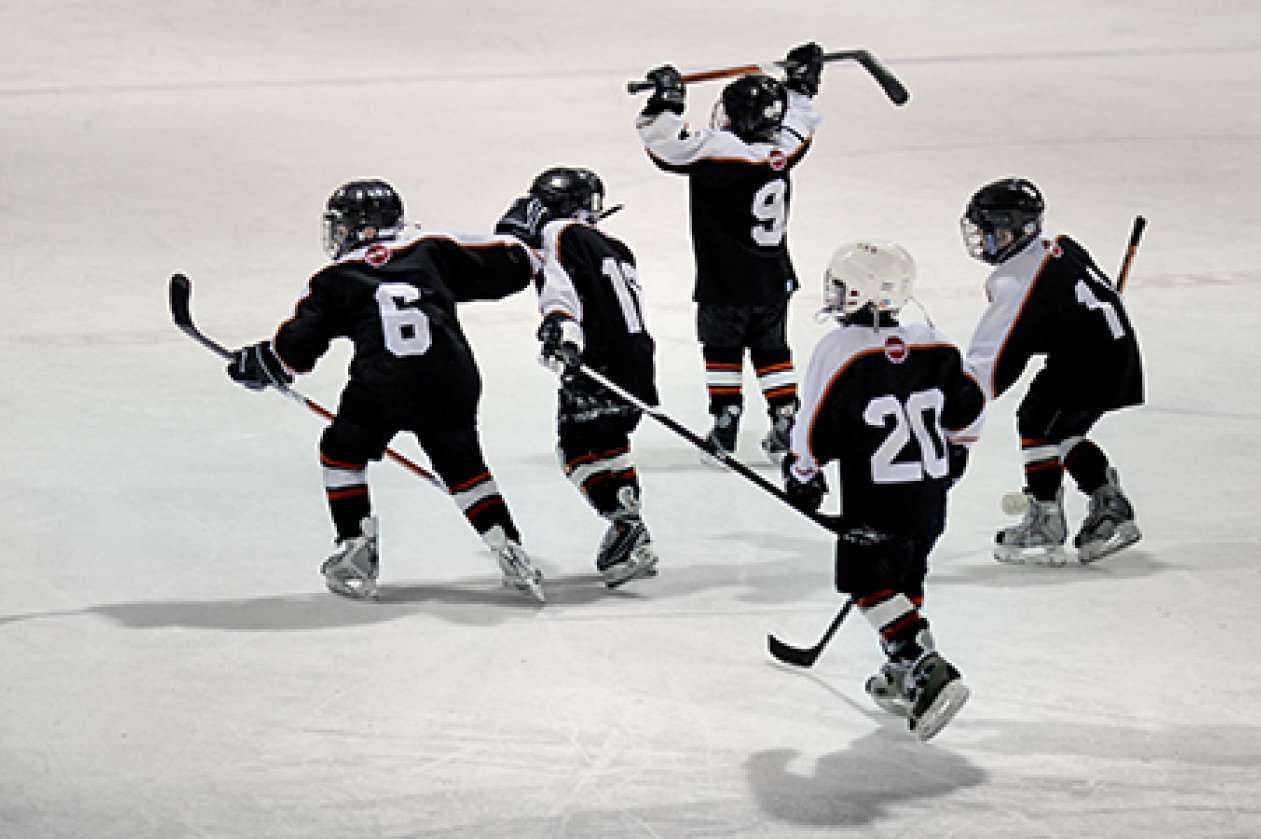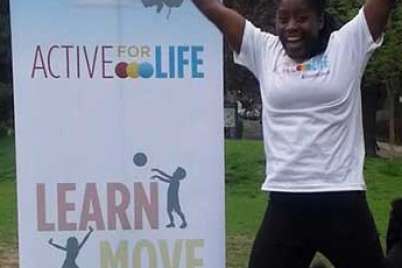
In Québec, kids don’t play hockey games until they have the skills
In schools, curriculum guides what children should learn in each grade. This ensures that a Grade 1 student acquires the knowledge and skills to be ready for Grade 2, and so on. And even if the system is not perfect, it ensures that the majority of kids develop a foundation of fundamental skills to succeed in the long term.
What if the same thing was done in hockey? What if every player could go through a program that ensured they learned the right hockey skills from the start? That’s exactly what Hockey Québec has been doing for 30 years through a program called MAHG, or “Méthode d’Apprentissage de Hockey sur Glace”.
MAGH is a 20-hour program geared to teach all players between the ages of 5 and 8 the basic skills of hockey: skating, puck handling, and small-area games. There’s also a component dedicated to the development of goaltenders.
If you know amateur hockey, you might think there’s nothing unique about this program. You might say that hockey already does this in each province across Canada. After all, every provincial hockey body highlights a series of basic skills that must be taught to every kid, especially at an early age. And you’d be right.
But what is special about the MAGH program is that each and every kid in the province must complete the 20 on-ice sessions before they can play a single league game. And that is unique.
There’s a great two-minute English video that explains the program much better than I can, which you can watch below.
Let me share with you four reasons why we like the MAGH program and philosophy:
1. It supports volunteer coaches
We know hockey is about kids, but in Canada the great majority of coaches are parents. In a volunteer-based system, a well-structured and uniform program like MAGH is a great help to parent-coaches. I have watched too many practices where 5- and 6-year-olds were lead through drills that were much too complicated for the kids. MAGH ensures that a kid’s first 20 practices each season are age-appropriate, that the right skills are taught, and that the atmosphere is fun.
Not only does it take the pressure off coaches to spend hours developing good practices, but the MAGH resources also act as a key tool to develop coaches. Not only do coaches who take a Level 1 in Quebec get a binder of training sessions, but also a numeric key to access and print drills.
2. The right start leads to lifelong enjoyment
The philosophy behind MAGH is that hockey requires the development of a wide array of highly technical skills and abilities. For example, it’s not easy to handle the puck without looking down, but it’s essential if you want to avoid collisions with other players. Hockey Québec’s perspective is that when kids learn these types of skills properly from the start, the game becomes more enjoyable for the rest of their career.
3. Developing skills develops confidence
There’s another bonus to learning the right skills early: It not only grows enjoyment of the game, but also confidence. Most of us have experienced this in our lives: when we develop skill in any activity, our confidence and enjoyment grows. It’s the same with kids. When they realize they are getting good at something, they enjoy it more.
4. Kids play to learn rather than play to win
There are no doubt some parents who feel that it is wrong for kids to have to go through 20 hours of ice-time before they can actually play a game. Kids sign-up to play games, right? Yes, it’s true that playing the game is essential in all kid’s sport. This is why the latest version of the MAGH program “incorporates more games and playing situations. It makes it less like hockey school,” explains Yves Archambault, technical director for Hockey Québec. “It makes it more interesting for kids.”
Hockey Québec believes so much in equipping every kid with a good base of fundamental skills that they have chosen to invest the most resources in MAGH. Even more than in their elite, Build an Athlete program.
MAGH is a great program that merits review by any organization that wants to give kids the right start in their sport.





